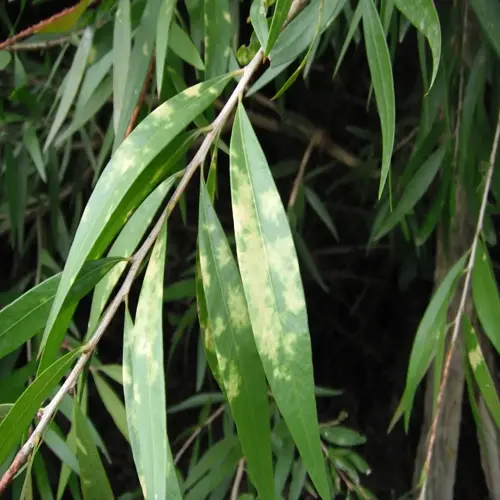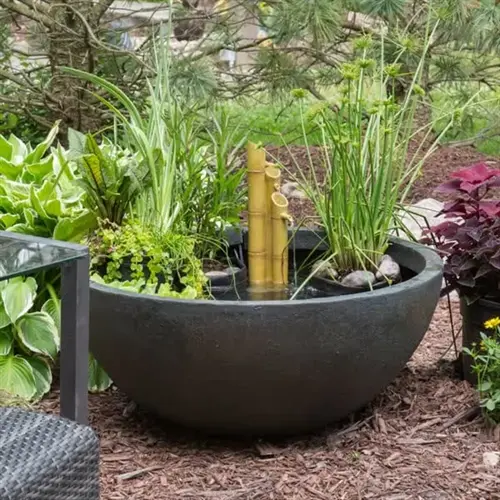Can zucchini be grown in containers?

Written by
Olivia Mitchell
Reviewed by
Prof. Samuel Fitzgerald, Ph.D.For the futuristic urban gardener with limited space, cultivating vegetables in containers provides the desired flexibility of culture. The bush varieties of squash or zucchini, such as "Patio Star" or "Spacemiser", will flourish in confined areas. My own balcony garden will yield from fifteen to twenty fruits weekly from the plants in five-gallon tubs. Provided that proper culture is given to the crop, all of the disadvantages of root binding and nutritional deficiencies experienced in the growing of squash in containers may be avoided.
Soil Composition
- 60% potting mix, 30% compost, 10% perlite
- Maintain pH 6.0-7.0
- Add slow-release fertilizer at planting
Drainage System
- 2-inch gravel layer at bottom
- Multiple drainage holes
- Use pot feet for airflow
Support Structures
- Install 4-foot stakes at planting
- Use soft ties for vertical training
- Add trellis for vining varieties
Water management differs greatly from ground planting. Containers require daily watering when the temperature exceeds 75°F (24°C). When on vacation, use self-watering pots or drip systems. I attach water meters to monitor soil moisture, preventing drought stress and root rot.
Place containers where they receive the best overall access to unobstructed sunlight throughout the day. Move pots around to take advantage of at least 6 hours of direct sunshine daily on their brightest sides. Rotate container pots each morning 90 degrees to avoid spindly growth. In excessive heat waves above 90°F (32 °C), provide mid-afternoon shade to prevent blossom drop.
To mitigate nutrient depletion, give regular feedings. During fruiting, apply liquid seaweed fertilizer every 10 days. To replace organic matter, top-dress with compost every month. Yellowing leaves are a sign of a nitrogen deficiency that requires immediate attention.
To overwinter container plants, bring them indoors before the first frost occurs. Position them in a warm location, preferably under grow lights, near south-facing windows. Don't forget to cut back on watering the plants you bring indoors while the plants are in a dormant state. I have had great success overwintering plants through this method.
Read the full article: When to Plant Zucchini for a Bountiful Harvest

